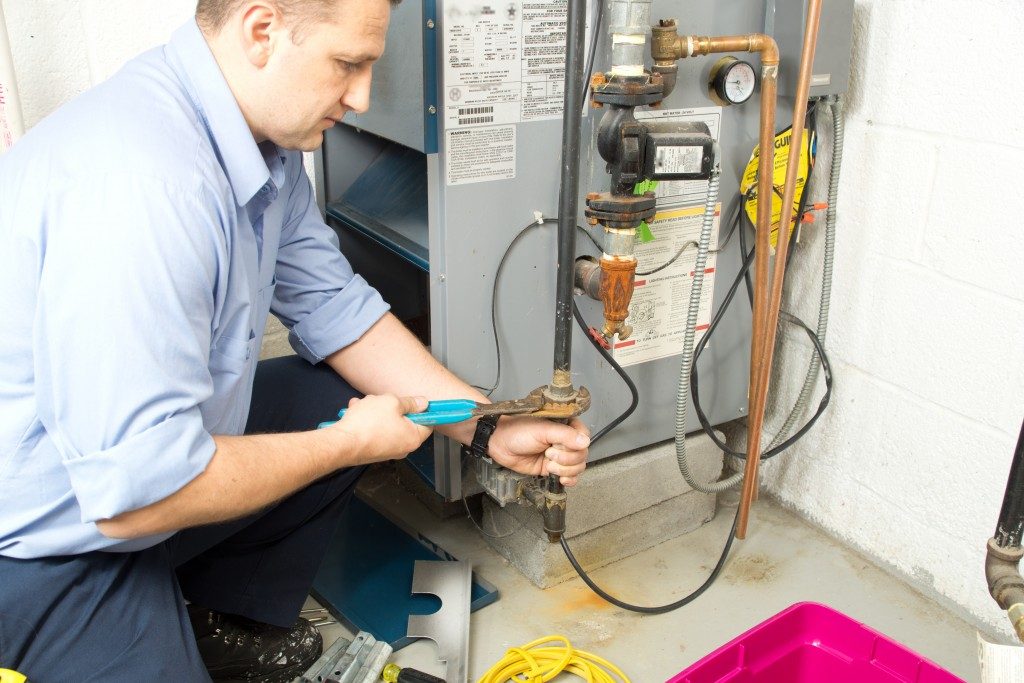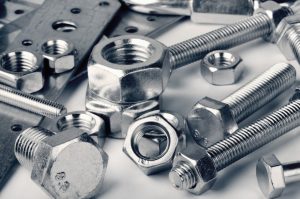One of the worst things that can happen in your office building is to encounter a serious plumbing problem. It can seriously halt the operations of the whole building in a way that if you have tenants there, you’ll be forced to evacuate them and discontinue their rent. When there’s a plumbing problem in your building, you have to act quickly as it can seriously deplete your building’s structure, creating more damage in the future.
Before you call a building commissioning company in Portland or in any other areas, you need to do a sort of first-aid emergency measure first. A leaky faucet or a busted pipe can drive up your water bill significantly. Once possible water damage is detected, you need to immediately turn off the water supply at the consumer unit (the fuse box). You also have to turn off the electricity source because water dripping on the building’s internal cables can trigger an electrical accident. As for the inhabitants of the buildings—your tenants—you may need to ask them to evacuate before you call a plumbing or building maintenance company.
Proper Maintenance of the Plumbing System
If you want to prevent costly repairs to your plumbing system, you need to be proactive. That means putting in place measures that will monitor and detect any problem before it blows out of proportion. A regular and thorough inspection of faucets, toilet, sink drains, pipes, and below-water heaters will help in avoiding future water problems, most of which can lead to aesthetic damage such as the weakening of flooring structure and the discoloration of tiles.
Some of the maintenance measures your plumbing system needs are actually quite basic. These are merely do-it-yourself jobs. Make sure that there’s a team tasked to take care of the daily maintenance schedule, which should include, among others, examining all exposed pipes for any signs of moisture. When the humidity is high, some condensation and dampness on the pipes are normal. Recheck your pipes again when the home is cooler. You should also check for any signs of corrosion on the brass or copper fittings. During your rounds, you also need to turn on the faucets and flush the toilets. You need to make sure that the flow of water is the same on every faucet. Although there can be some variations depending on the brand and the style of the faucets or the shower head, the flow should be consistent if there are no problems in the water pipes.
Professional Inspections

Finally, when you’ve done your part and there seems to be a leak or a clogged drain that you can’t detect with your own tools, it’s time to call a professional plumber or a building commissioning company. The main purpose of calling for professional help is to inspect the internal pipes and the main plumbing system.
A certified plumber will check on your heater, septic tank, sewage system, shower drains, and every area of your building’s plumbing system. They have the technology and the tools to remotely and digitally inspect even pipes that are hidden within the structure of the building. After assessing your building, a certified plumber will make a recommendation on how to address the issues and how to stop common plumbing problems from happening again.






